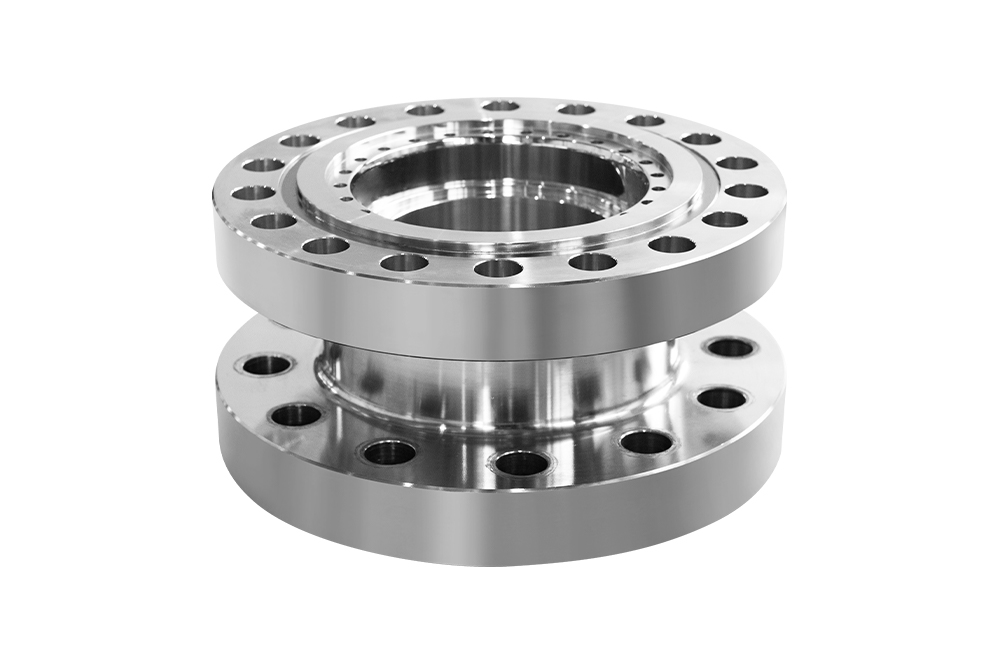Among the critical factors influencing the quality of ball valves, tolerance control during fabrication plays a vital role. This article explores why controlling dimensional tolerances is essential in the production of ball valve components, with a focus on specific products such as the brass ballcock valve and soft seated ball valve.

Understanding Tolerance Control
Tolerance control refers to the permissible limits of variation in a physical dimension of a manufactured part. Every component in a ball valve assembly — from the valve ball itself to the seats and stems — must be produced within specific tolerance ranges to ensure proper fit, sealing, and operation.
Manufacturing ball valves involves multiple processes, including casting, machining, and assembly. Each stage has potential variations, and strict tolerance control less these differences to prevent defects such as leakage, misalignment, or excessive wear.
The Role of Tolerance in Ball Valve Performance
Ball valves operate by rotating a spherical ball with a bore through it to control fluid flow. For effective sealing and smooth operation, the components must fit together precisely. Excessive clearance or tightness can advance to operational issues:
Leakage: If the valve ball or seat components have dimensional inaccuracies outside tolerance limits, the valve may fail to seal completely, allowing fluid to leak.
Wear and Tear: Improper fits cause uneven contact and friction, accelerating component wear.
Difficult Operation: Valves may become hard to open or close if parts are misaligned or too tightly fitted.
Reduced Lifespan: Variations that cause stress concentrations or improper load distribution shorten valve service life.
Thus, controlling tolerances is crucial to avoid these problems and maintain valve functionality.
Brass Ballcock Valve: Precision in Fabrication
A brass ballcock valve is a common component used in water tanks and plumbing systems to regulate the inflow of water. The valve’s mechanism relies on a precisely machined brass ball and valve body. Because brass is relatively soft compared to steel, maintaining tight tolerances during machining and assembly is essential to avoid deformation and ensure leak-free operation.
The valve ball, valve seat, and stem must be produced with dimensions that allow smooth rotation while maintaining a firm seal when closed. Too loose, and the valve cannot stop water flow effectively; too tight, and it may seize or wear prematurely.
Tolerance control also affects the surface finish of the brass components. A smoother surface with controlled roughness levels contributes to better sealing and reduces the chances of corrosion or material fatigue.
Soft Seated Ball Valve: Importance of Material and Dimensional Accuracy
Soft seated ball valves incorporate seats made from elastomeric or polymer materials such as PTFE (polytetrafluoroethylene). These materials provide enhanced sealing properties and chemical resistance, making soft seated ball valves suitable for a wide range of applications, including chemical processing and water treatment.
The challenge in fabricating soft seated ball valves lies in the combination of hard metal components with soft sealing materials. Tolerance control must ensure that the metal ball and valve body dimensions complement the soft seats without damaging them during assembly or operation.
For example, the metal ball diameter must be controlled tightly so that it presses the soft seat adequately to create a seal but does not exert excessive force that could deform or prematurely degrade the seat material. Similarly, the valve body and seat cavity dimensions require strict adherence to tolerance specifications to ensure proper alignment.
Dimensional accuracy in soft seated ball valves also affects the ease of operation. If the tolerances are too loose, the valve may leak; if too tight, the valve handle may become stiff, or the seat may wear faster due to excessive friction.
Techniques for Achieving Tolerance Control
Manufacturers utilize several methods and technologies to achieve and maintain tolerance control in ball valve component fabrication:
Precision CNC Machining: Computer numerical control (CNC) machines provide consistent and repeatable machining accuracy for metal parts such as brass ballcock valve components and valve balls.
Coordinate Measuring Machines (CMMs): These devices measure the dimensions of machined components with high accuracy, verifying compliance with design specifications.
Statistical Process Control (SPC): Real-time monitoring of manufacturing processes helps detect and correct deviations before parts go out of tolerance.
Quality Inspection at Multiple Stages: Inspections at raw material, in-process, and final assembly stages ensure consistent product quality.
Material Selection and Control: Choosing materials with known and stable machinability and thermal properties helps maintain dimensional stability during fabrication.
Impact on Supply Chain and End Users
Tolerance control not only affects product quality but also impacts the overall supply chain. Components manufactured within tight tolerance limits reduce the need for rework or replacement, improving delivery times and lowering costs.
End users benefit from valves that offer consistent performance, reduced maintenance, and extended service life. This is particularly important in applications where valve failure could advance to operational downtime or safety hazards.
In ball valve component fabrication, tolerance control is a critical factor that influences product reliability, functionality, and durability. Whether manufacturing a brass ballcock valve for plumbing systems or a soft seated ball valve for chemical processing, adhering to precise dimensional tolerances helps ensure proper sealing, smooth operation, and longer valve lifespan.
Maintaining strict tolerance standards through advanced machining techniques, inspection methods, and quality controls contributes significantly to producing ball valves that meet the demanding requirements of various industries. Attention to tolerance control ultimately supports the delivery of dependable ball valve components for diverse applications worldwide.